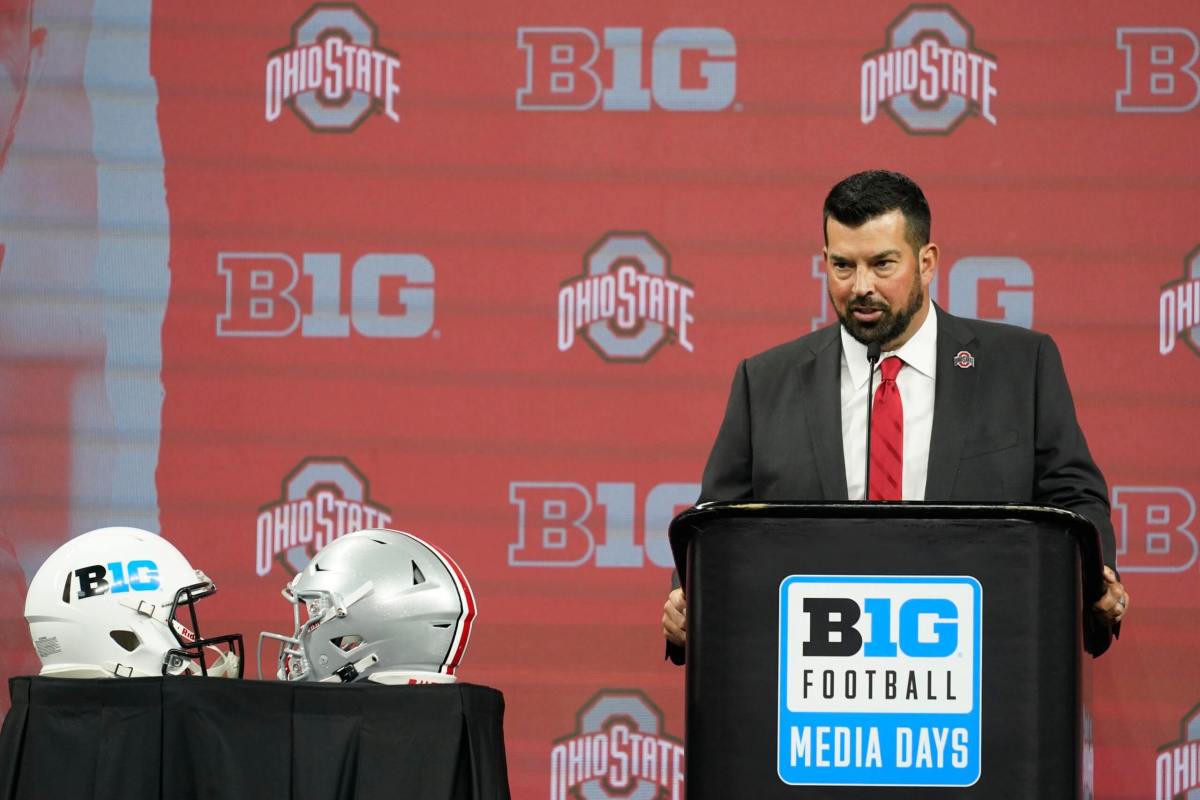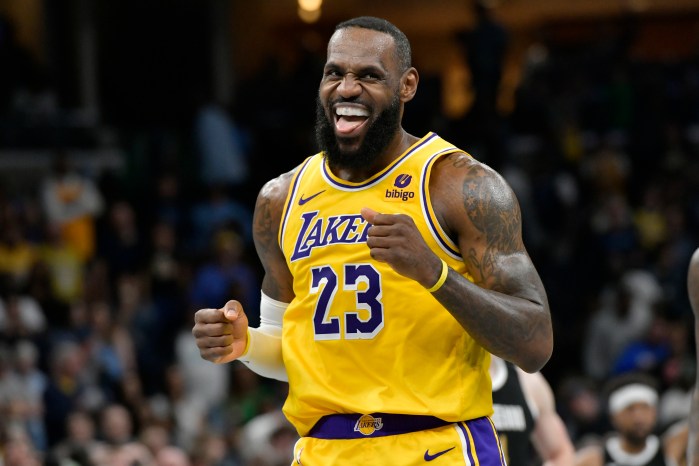The bombshell news that ESPN was out of the negotiations for the Big Ten’s media rights has once again created a major shift in the landscape of college sports.
For those of you that aren’t fully caught up, here’s the short of it. On Tuesday it was reported that ESPN had pulled out of the talks to continue to carry Big Ten Football, as well as other sports, with the network’s contract coming to an end in 2023.
ESPN had turned down a seven-year deal worth $380 million per year, according to Sports Business Journal. It ends a 40-year relationship between The World Wide Leader in Sports and one of the most highly regarded college football conferences in the country.
Fox, which had already won the main rights for the Big Ten, is likely to partner with CBS and NBC and would drastically change the viewing habits of college football fans. Big Ten fans could be looking at games at noon on FOX, 3:30 games on CBS and primetime contests on NBC.
A streaming partner could be in the works as well, according to The Athletic.
The move sets up a rather interesting aspect to the ongoing power struggle in college football. With ESPN set to take over the TV rights for the SEC in 2024, it will put the two biggest players in sports broadcasting head-to-head with stakes in two of the biggest college football conferences.
The paradigm shift has already left smaller conferences trying to stay afloat and put other conferences like the PAC-12 and Big 12 left trying to pick up the pieces. The new TV rights deals are sure to only inflame that, especially with the impact it could have on swaying schools to join the power conferences.
And there has been plenty of speculation that the new TV deal could help push Notre Dame to join the Big Ten after being an independent football school for so long. Notre Dame has had a longstanding relationship with NBC and there is belief that the new partnership with the Big Ten could help, along with the coast-to-coast reach of the conference.
There is also the question of what will happen to the other non-football sports that aired on the ESPN family of networks because of the ESPN contract with the Big Ten. As sports media website Awful Announcing pointed out, the focus has been on football, but plenty of the conferences other sports had been airing on various channels from ESPN2 to ESPNU.
“Having all of this shelf space across these channels has also allowed other winter sports room to breathe,” Awful Announcing’s Ben Koo wrote. “Big Ten wrestling, women’s basketball, and both men and women’s ice hockey have been getting some modest ratings traction (mostly on BTN, but also the listed networks, plus NBCSN and now USA; also air some men’s hockey as well). There seemed to be some ratings momentum behind these sports as well. Additionally, Big Ten basketball ratings usually fare better than all other major P5 conferences, so it’s not exactly just a throw-in item for networks to go along with football.
“But with ESPN seemingly out of the picture, where will all those men’s games go, and would potential lack of shelf space force the other winter sports off of television?”
The rights deal is also sure to have an impact on the College Football Playoffs and the number of teams that get in each year along with a laundry list of other changes. The big business of college football has shifted quite a bit over the past few years and the ESPN news is just the latest of likely more to come.


















